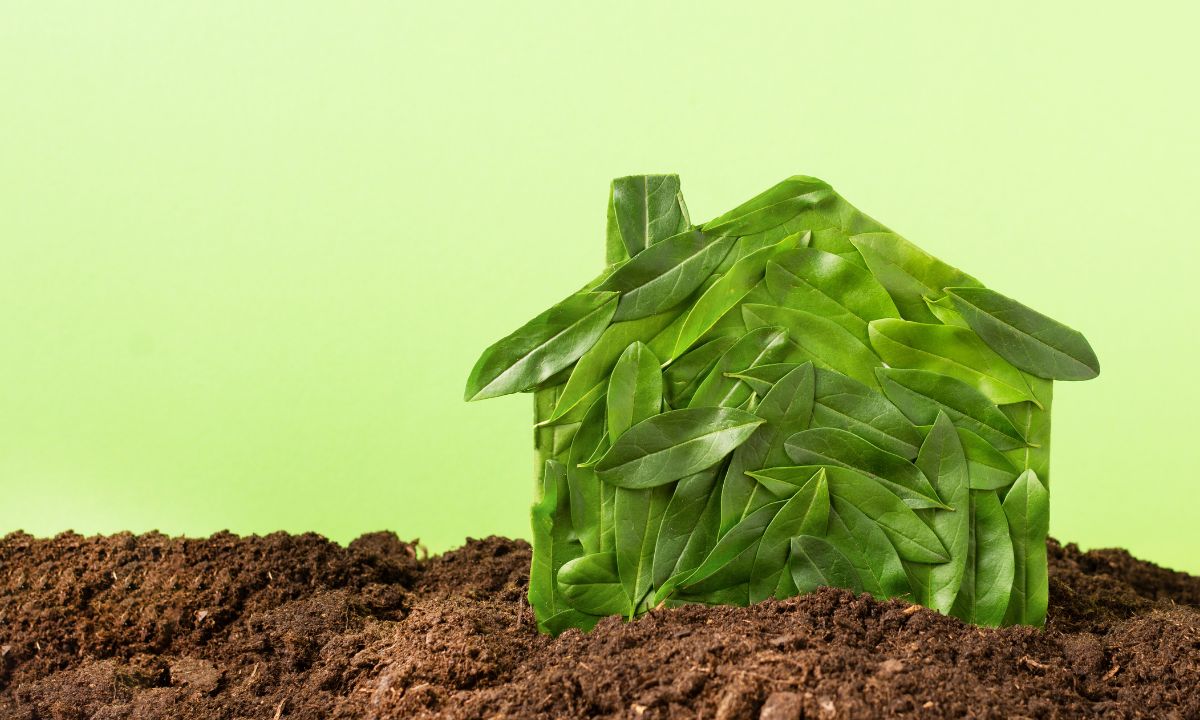 In recent years, the concept of eco-friendly homes has gained significant traction, and for good reason. As awareness of environmental issues grows, more homeowners are seeking ways to minimize their carbon footprint while also reaping the benefits of sustainable living. We will discuss the world of eco-friendly homes, exploring their sustainable features and the potential cost savings they offer. From solar panels to energy-efficient appliances, there’s a plethora of options available to conscientious homeowners looking to make a positive impact on the planet.
In recent years, the concept of eco-friendly homes has gained significant traction, and for good reason. As awareness of environmental issues grows, more homeowners are seeking ways to minimize their carbon footprint while also reaping the benefits of sustainable living. We will discuss the world of eco-friendly homes, exploring their sustainable features and the potential cost savings they offer. From solar panels to energy-efficient appliances, there’s a plethora of options available to conscientious homeowners looking to make a positive impact on the planet.
The Positives of Eco-Friendly Homes
Reduced Energy Consumption: One of the primary benefits of eco-friendly homes is their reduced energy consumption. Features such as solar panels, energy-efficient appliances, and LED lighting help homeowners minimize their reliance on traditional energy sources, ultimately lowering utility bills and decreasing their carbon footprint.
Improved Indoor Air Quality: Eco-friendly homes often incorporate materials and systems designed to enhance indoor air quality. From low-VOC paints to natural ventilation systems, these features contribute to a healthier living environment, reducing the risk of respiratory problems and allergies.
Long-Term Cost Savings: While the upfront costs of implementing eco-friendly features in a home may be higher than traditional options, the long-term cost savings can be substantial. Energy-efficient appliances, for example, consume less electricity, leading to lower utility bills over time. Additionally, features like rainwater harvesting systems can reduce water expenses in the long run.
Enhanced Resale Value: As the demand for eco-friendly homes continues to rise, properties with sustainable features often command higher resale values. Potential buyers are increasingly prioritizing sustainability, making eco-friendly upgrades a wise investment for homeowners looking to maximize their property’s value.
The Challenges of Eco-Friendly Homes
Higher Initial Costs: One of the main challenges of eco-friendly homes is the higher initial costs associated with implementing sustainable features. From solar panels to green roofing systems, these upgrades often require a significant upfront investment, which can deter some homeowners, particularly those on a tight budget.
Limited Availability of Materials and Technologies: While eco-friendly building materials and technologies are becoming more widely available, they may still be less accessible or more expensive than their conventional counterparts in some regions. This limited availability can pose a challenge for homeowners looking to incorporate sustainable features into their homes.
Maintenance Requirements: Some eco-friendly features, such as green roofs and rainwater harvesting systems, may require additional maintenance compared to traditional options. Regular upkeep is essential to ensure optimal performance and longevity, which can be a consideration for homeowners with busy lifestyles.
Potential Aesthetic Limitations: In some cases, incorporating eco-friendly features into a home’s design may pose aesthetic challenges. For example, solar panels and rainwater barrels may alter the visual appearance of a property, which could be a concern for homeowners who place a premium on curb appeal.
Eco-friendly homes offer a multitude of benefits, from reduced energy consumption to improved indoor air quality. While there are challenges to overcome, such as higher initial costs and maintenance requirements, the long-term advantages far outweigh the drawbacks. By embracing sustainability in home design and construction, homeowners can not only reduce their environmental impact but also enjoy significant cost savings and enhance the value of their properties. In the quest for a greener future, eco-friendly homes are leading the way towards a more sustainable tomorrow.
